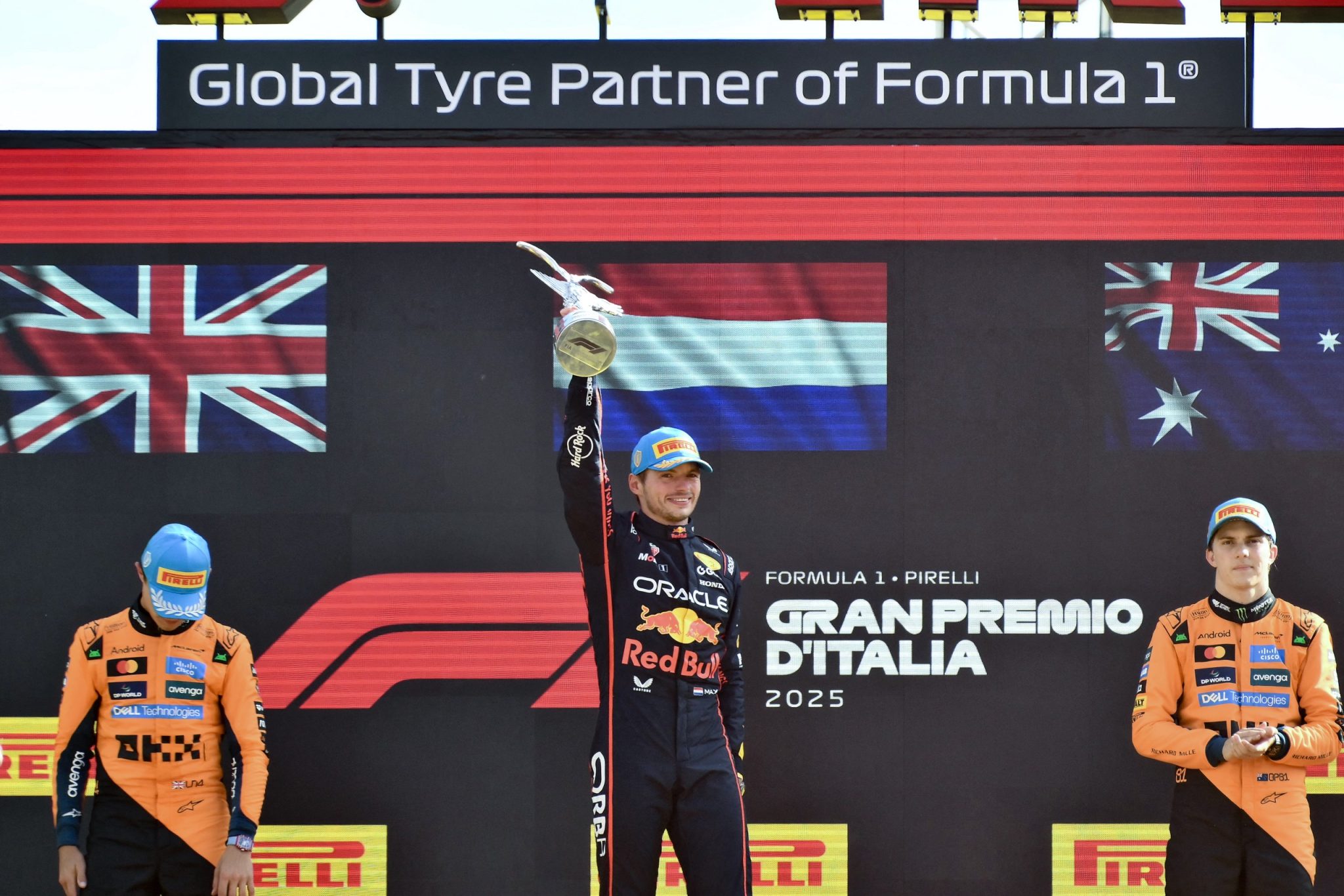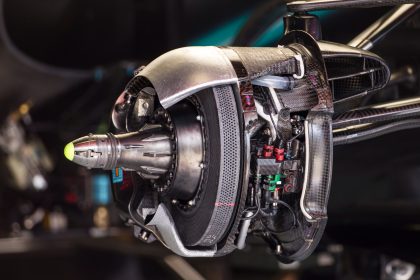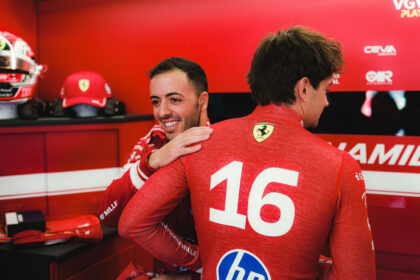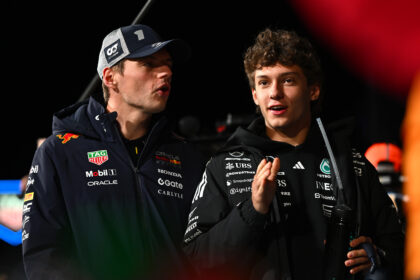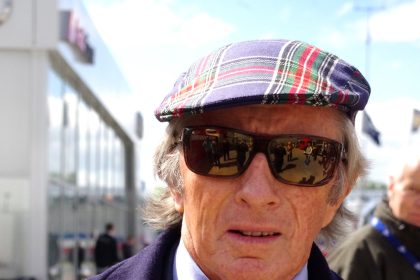There’s a peculiar electricity in the air when Formula 1 approaches the business end of a season. The paddock, usually a cauldron of PR platitudes and sponsor-friendly optimism, suddenly becomes a theatre of nerves, calculation, and—if you’re lucky—miracles. And as of September 30, 2025, the miracle in question is spelled M-A-X.
- The Anatomy of a Long Shot
- The Numbers Game: How Bad Is It, Really?
- Why Max Is Still Feared
- Red Bull’s Renaissance: From Crisis to Contender
- Singapore and the High-Downforce Gauntlet
- The Psychology of the Chase: Hope, Pressure, and the Weight of History
- Lessons from the Past: F1’s Greatest Comebacks
- The Math of Miracles: What Needs to Happen
- The Intangibles: Why We Watch
Max Verstappen, four-time consecutive World Champion, finds himself 69 points adrift of Oscar Piastri with seven races and three sprints left. The odds? Let’s just say you’d get better returns betting on Jean Alesi’s comeback. But if there’s one thing history has taught us, it’s that Formula 1 is a sport where the improbable occasionally becomes the inevitable—provided you have the right mix of talent, machinery, and, yes, a little bit of luck.
The Anatomy of a Long Shot
Let’s not sugarcoat it: Verstappen’s title hopes are, in the words of Jolyon Palmer, so far away, it’s just not possible. But then he’s just gone and closed a full 25 points in a weekend. GPBlog
After a season that saw Red Bull’s RB21 oscillate between tricky diva and midfield mediocrity, Verstappen’s back-to-back wins in Monza and Baku have reignited a championship narrative that was all but written off as a McLaren coronation. The Dutchman now sits third in the standings, 69 points behind Piastri and 44 behind Norris, with 199 points still on the table.
As Verstappen himself put it, Basically everything needs to go perfectly from my side, and then a bit of luck from their side I need as well, so it’s still very tough. Formula1.com
It’s seven races to go and it’s still 69 points — it’s a lot. I personally don’t think about it. I just go race by race, what I have been doing basically the whole season – just trying to do the best we can, try to score the most points that we can. And then after Abu Dhabi, we’ll know.Max Verstappen, post-Baku press conference
The Numbers Game: How Bad Is It, Really?
Let’s talk numbers, because as any historian of the grid will tell you, numbers are the only things that don’t lie in Formula 1. The largest points deficit ever overcome to win a championship in the modern era? That would be Sebastian Vettel’s 44-point swing against Fernando Alonso in 2012. Kimi Räikkönen’s 17-point comeback in 2007 is another classic, though that was under the old points system.
Verstappen’s current deficit? Sixty-nine points. To put that in perspective, he’d need to outscore Piastri by an average of 10 points per race—assuming the Australian doesn’t suddenly develop a taste for gravel traps. BBC Sport
| Year | Driver | Points Deficit Overcome | Races Left | Final Margin |
|---|---|---|---|---|
| 2012 | Sebastian Vettel | 44 | 7 | +3 |
| 2007 | Kimi Räikkönen | 17 | 2 | +1 |
| 2025 | Max Verstappen | 69 | 7 (+3 sprints) | ? |
So, is it impossible? Statistically, yes. But then again, so was James Hunt’s 1976 title, and we all know how that ended. (If you don’t, go watch “Rush” and thank me later.)
Why Max Is Still Feared
What makes Verstappen’s pursuit more than just a mathematical curiosity is the man himself. Four consecutive titles have not dulled his edge; if anything, they’ve sharpened it. He’s the only reigning champion in recent memory who has never missed a title-winning chance when given the machinery to do so—a fact that puts him in rarefied company, perhaps only rivaled by Ayrton Senna. RaceFans
Max is not leaving anything on the table. I think they’ve done a big step forward with the car, and they are now at a very strong level as well… Max is doing a better job at the moment and congratulations to him.Charles Leclerc, Ferrari driver PlanetF1
Even McLaren’s Zak Brown has admitted, We’ve got to pay attention to Max. RaceFans
Red Bull’s Renaissance: From Crisis to Contender
It’s easy to forget, amid the current euphoria, just how dire things looked for Red Bull before the summer break. The RB21 was a handful, Verstappen finished ninth in Hungary, and the team looked set for a long, hard slog to Abu Dhabi. But a new floor introduced at Monza, coupled with a shift towards driver-led setup feedback under new team boss Laurent Mekies, has transformed the car’s fortunes.
The result? Verstappen stormed to victory in Italy and Azerbaijan, while McLaren stumbled—Piastri crashed out in Baku, Norris finished a distant seventh, and the once-insurmountable points gap began to shrink.
As Lawrence Barretto of Formula1.com notes, Red Bull’s high-risk approach… is generally paying off. Both Verstappen and teammate Yuki Tsunoda are more comfortable with the balance and the car overall. Formula1.com
Singapore and the High-Downforce Gauntlet
But before you start printing “Max 5x” T-shirts, a word of caution: the next race is Singapore, a circuit that has historically been Red Bull’s Achilles’ heel. Verstappen himself is circumspect: Singapore is a challenge again with the high downforce. Newsweek
Jolyon Palmer, never one to mince words, adds: I’m not so convinced that Max is going to take pole in Singapore. If he does it, then I think he’ll be in some contention, maybe. But he’s going to need some disaster for McLaren still. I just don’t even see, even for Max, I think this is too far. GPBlog
The Psychology of the Chase: Hope, Pressure, and the Weight of History
If there’s one thing that separates champions from mere mortals, it’s the ability to perform when the chips are down. Verstappen’s approach is almost Zen-like: I don’t rely on hope. I just go race by race. It’s a philosophy that has served him well, but it also belies the immense pressure he faces—not just from the media and fans, but from the weight of history itself.
After all, no driver has ever come back from a 69-point deficit with seven races to go. The closest was Vettel’s 44-point swing in 2012, and even that required a perfect storm of wins, reliability, and rivals’ misfortune.
But as Toto Wolff once said, Never write off a champion. ProFootballNetwork
Lessons from the Past: F1’s Greatest Comebacks
Let’s take a brief detour through the annals of F1 history, because if Verstappen is to pull off the impossible, he’ll need to channel the spirit of some of the sport’s greatest comeback kings:
- Kimi Räikkönen, 2007: 17 points behind with two races to go, wins both, and snatches the title by a single point.
- Sebastian Vettel, 2012: 44 points behind Alonso with seven races left, wins four in a row, and clinches the title in Brazil.
- James Hunt, 1976: 17 points behind Niki Lauda with seven races to go, capitalizes on Lauda’s misfortune, and wins the title by one point in a rain-soaked Fuji.
For a full rundown of these legendary comebacks, see this excellent piece from Goodwood: Can Verstappen do it? F1’s biggest title comebacks.
The Math of Miracles: What Needs to Happen
So, what would it take for Verstappen to win his fifth consecutive title? The scenarios are as complex as a Red Bull pit strategy, but the simplest is this: Verstappen wins every remaining race and sprint, while Piastri and Norris consistently finish behind him. Even then, the margin would be razor-thin.
Gutshot Magazine breaks down the permutations: If Verstappen wins every race and sprint race, and Lando Norris finishes all races in second place, followed by Oscar Piastri in third… Verstappen would finish first with 454 points, while Piastri would finish in second place with 447 points, and Norris would finish in third place with 446 points. Gutshot Magazine
In other words: perfection from Verstappen, and a little chaos from McLaren.
The Intangibles: Why We Watch
At the end of the day, Formula 1 is not just a sport of numbers and probabilities—it’s a sport of stories. And the story of Max Verstappen’s 2025 campaign, whether it ends in triumph or heartbreak, is already one for the ages.
As Timo Bernhard, five-time Nürburgring 24 Hours winner, said after Verstappen’s GT3 debut: He has a huge talent, as we know. Nordschleife is something special, and he really honors the place also, that’s something I cherish, I like. Newsweek
And perhaps that’s the real lesson here: greatness is not just about winning, but about daring to chase the impossible, even when the odds are stacked against you.







